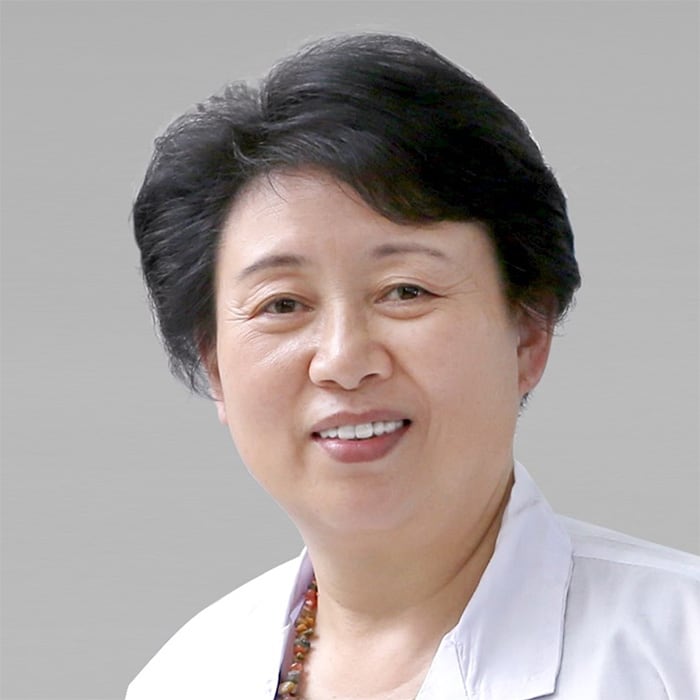
Xiaorong Sun
Founder and Chair of Landing Med (Wuhan Landing Intelligence Medical Co., Ltd.)
False

Founder and Chair of Landing Med (Wuhan Landing Intelligence Medical Co., Ltd.)
With only one pathologist for every 140,000 people, how can we deliver cost-effective, high-quality cytology for mass cervical cancer screening in underserved areas? For many, it seemed impossible. Yet this is the challenge my team and I have spent the past decade addressing.
In China, unequal access to medical resources has created significant health disparities, particularly in rural communities. Although the country is committed to the WHO’s goal of eliminating cervical cancer by 2030, screening programs remain underutilized due to workforce shortages, limited infrastructure, and the absence of standardized protocols. Manual cytology is labor-intensive, subjective, and inconsistent across institutions.
In our lab, I led the development and reimagination of the screening workflow by developing a cost-effective, AI-assisted, cloud-based cytology platform. Our end-to-end system integrates automated slide preparation and staining, whole-slide imaging, and AI-assisted cell analysis. Standardization improved AI accuracy, which in turn flagged suspicious cells for targeted review by pathologists. Cloud infrastructure connected remote clinics with expert cytologists nationwide, while an AI-driven quality control layer re-examined slides initially classified as negative.
In 2017, we transitioned to a fully digital workflow. Partnering with public health agencies, we deployed the platform in rural areas, enabling senior cytopathologists in Wuhan to remotely screen women in Shanxi Province. Over four years, more than four million women were screened, with nearly 70,000 biopsies confirming CIN2+ lesions. The AI-assisted system achieved a sensitivity of 90 percent – higher than manual screening (84 percent) – with comparable specificity (~94 percent). The large-scale epidemiological data generated also informed tailored, data-driven health policies.
Building on this success, we expanded the program across Shanxi Province, screening more than six million women at 1,400 clinics over three years and detecting thousands of precancerous lesions. Follow-up studies showed declines in cervical cancer incidence and mortality, particularly in rural areas. Earlier intervention also lowered healthcare costs by reducing emergency care and hospital admissions.
To me, the AI cloud platform is more than technology – it is a bridge to health equity. Our work has been recognized by China’s National Health Commission, and both Landing Med and I were honored by Forbes China for healthcare innovation. But the most meaningful achievement is knowing that we have helped prevent cervical cancer in tens of thousands of women who once had no access to screening.
Dive deeper into the world of pathology. Explore the latest articles, case studies, expert insights, and groundbreaking research.
Receive the latest pathologist news, personalities, education, and career development – weekly to your inbox.

False
False
False